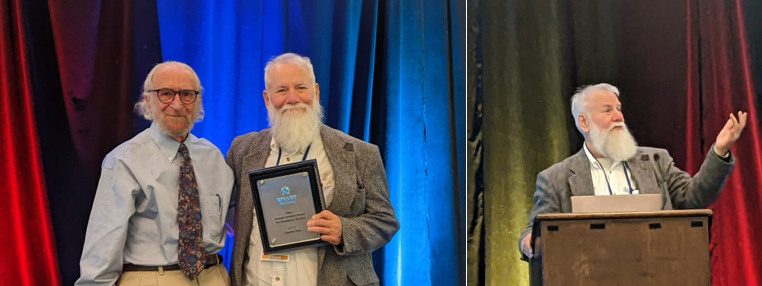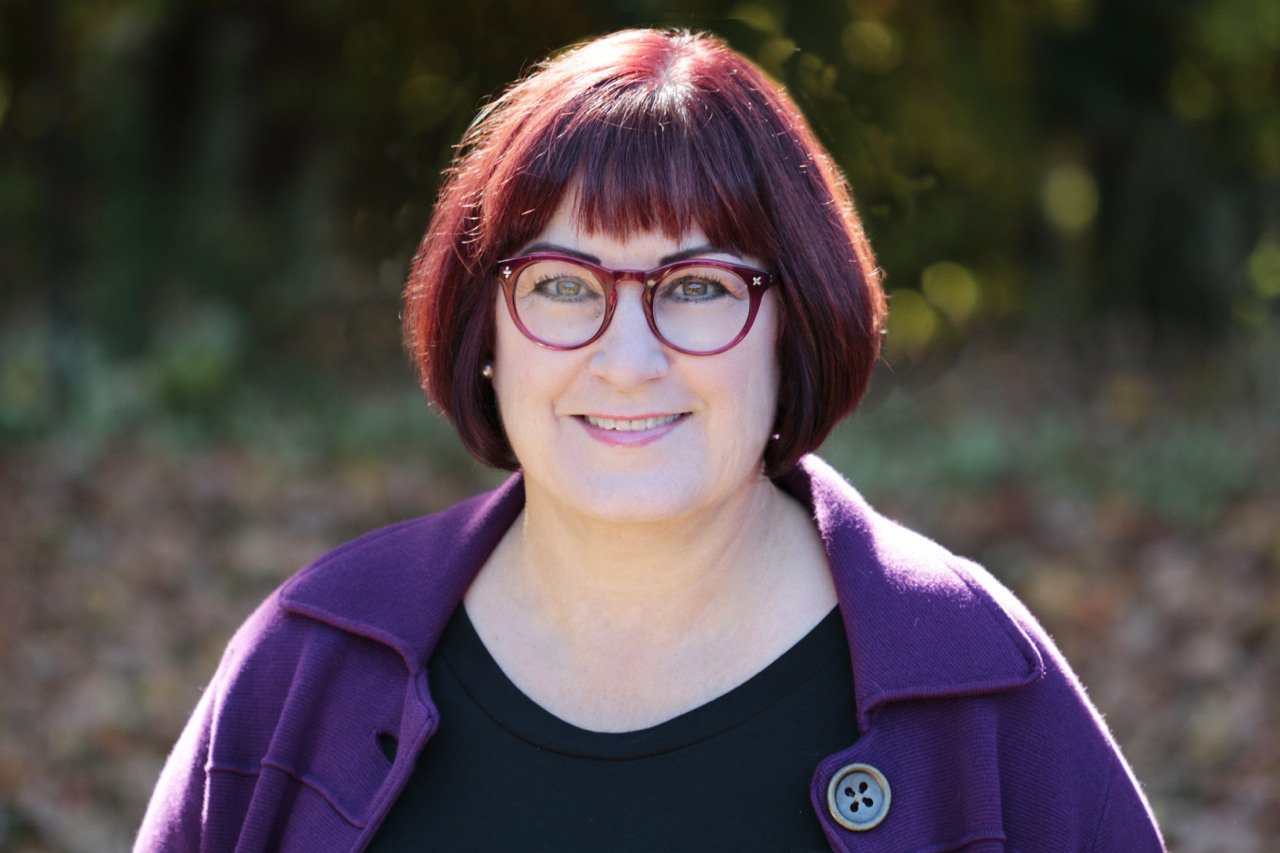There are as many types of recovery as there are individuals
 If there are as many ways to recover as there are individuals, then SMART Recovery®, or any approach, group, or treatment, will appeal to, or be helpful to, only some individuals. I hope that no one associated with SMART Recovery ever overlooks the diversity of addiction recovery. Recoveries are diverse because humans are diverse. In this post, we will look at some of the ways that recoveries differ.
If there are as many ways to recover as there are individuals, then SMART Recovery®, or any approach, group, or treatment, will appeal to, or be helpful to, only some individuals. I hope that no one associated with SMART Recovery ever overlooks the diversity of addiction recovery. Recoveries are diverse because humans are diverse. In this post, we will look at some of the ways that recoveries differ.
1. Degree of natural recovery – Most of those who recover do so without ever attending a self-help group or treatment center, even if the addiction was severe. These individuals often receive substantial support along the way, but it comes from friends and family. (This does not mean that most of those currently addicted will recovery naturally, but rather that most of those who have recovered have done so naturally.)
2. Involvement goal – If an addictive behavior is defined not simply by use or level of involvement, but primarily by the negative consequences it causes, then harm reduction recoveries are possible. SMART Recovery does not require abstinence (for any individual or group) or oppose moderation – that is a personal choice. We support and teach tools related to abstinence for those who desire it or are considering it. We want individuals to lead lives free of the negative consequences of addictive behavior, whether that is by abstaining or moderating. We also support steps that lead to reduced negative consequences (harm reduction), even if complete recovery is not achieved.
3. Treatment approach – For those who seek treatment, there are options (even though they may be hard to find). In addition to 12-step based treatment, there are other religious approaches, as well as several cognitive-behavioral treatments (behavioral couples counseling, the community reinforcement approach, relapse prevention, coping and social skills training, etc.), motivational enhancement therapy, aversive conditioning (e.g., the Schick method), and “energy” therapies (e.g., EMDR, thought field therapy), as well as combinations of the methods mentioned above.
4. Treatment focus – Some treatments aim to develop skills, others to enhance motivation (motivational enhancement therapy), others rely on more passive change (e.g., 12-step, energy therapies), and some are combination treatments.
5. Motivational focus – Some recoveries are focused primarily on getting out of pain, others primarily on the future life that can be developed, and some are a combination.
6. Focus on additional problems and life transformation – Some recoveries focus extensively on solving related problems and transforming one’s entire life (e.g., SMART Recovery) and others focus primarily on the addictive behavior itself (e.g., Rational Recovery). If I drink to relax, do I need to learn new ways to relax and perhaps a whole new lifestyle, or should I just focus on changing my drinking?
7. Social support received – Although transforming an addictive behavior probably rarely happens without any outside support, there are degrees of support sought and received. It is noteworthy that for most of us the crucial issue about social support is not whether we actually receive it, but whether we believe it is available if we ask for it. If it is available but we don’t perceive it as such, we are in trouble, whereas if we think it is there (even if it isn’t), we will do well as long as we don’t discover otherwise.
8. Self-help group attendance – Although SMART Recovery or other self-help groups are obviously crucial for many individuals, no group is essential for recovery.
9. Speed of change – Some recoveries seem to happen very quickly (although we might wonder how much silent preparation had been occurring), and others take a very long time (often including numerous slips and relapses).
10. Medical or complementary medical assistance used – If one views addictive behavior as primarily a psychological problem, then medical assistance in itself is not likely to result in recovery. However, various medications may be helpful, and there is a whole range of complementary (or alternative) medical methods (e.g., acupuncture, herbal treatments, chiropractic, etc.) that may also be of assistance. Medical treatments may also be helpful for related problems (e.g., depression, ADHD).
Other ways in which recoveries differ can also likely be identified. If we accept these differences, then we have the opportunity to observe how others in recovery can be different from us yet similar, just as we can see how others in SMART Recovery can be similar yet different. Ultimately, observing others can help us find the best road of recovery for ourselves. Although complete recovery (in the sense of freedom from negative consequences) can be the same for everyone, I hope it is clear that because humans are diverse, their roads to recovery are necessarily diverse.
This article was adapted from the April 1998 President’s Letter by Dr. Tom Horvath.
To find and in-person or online meeting go to the “Meetings” tab at www.smartrecovery.org




